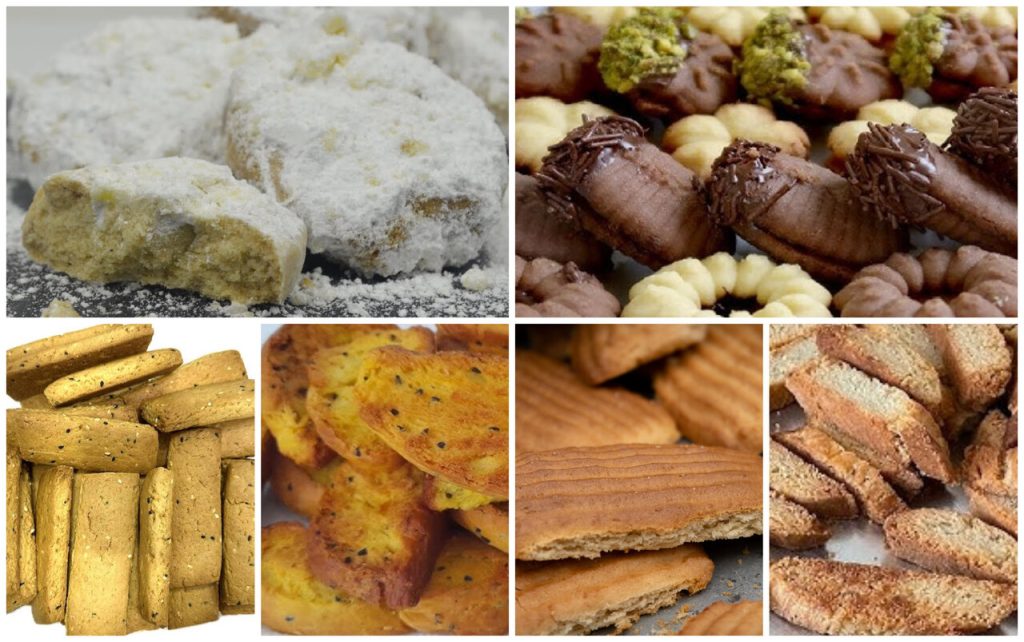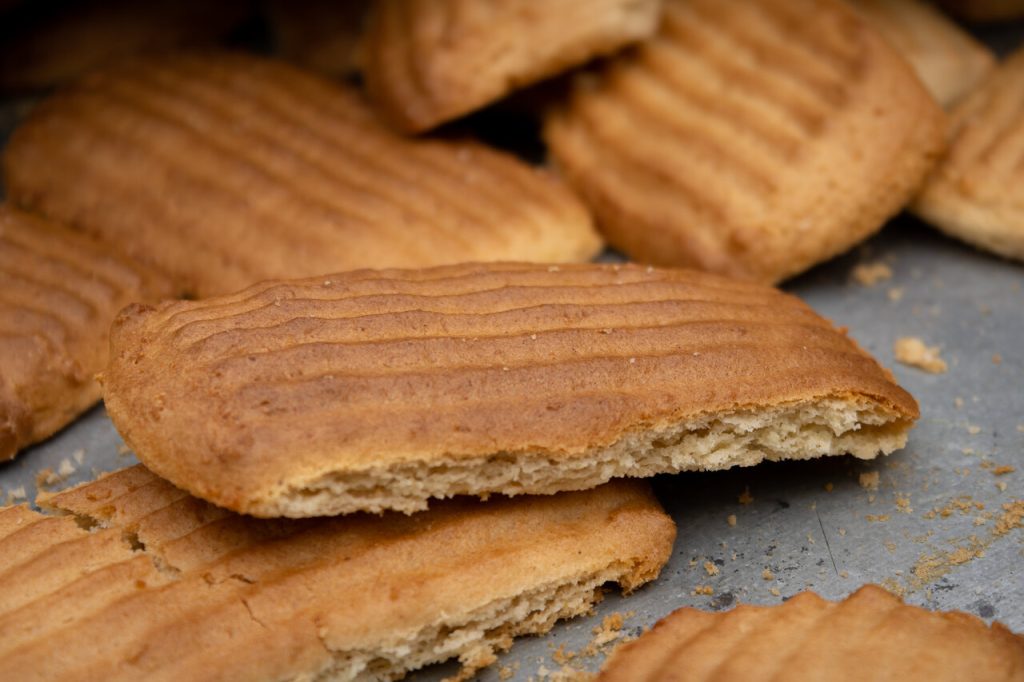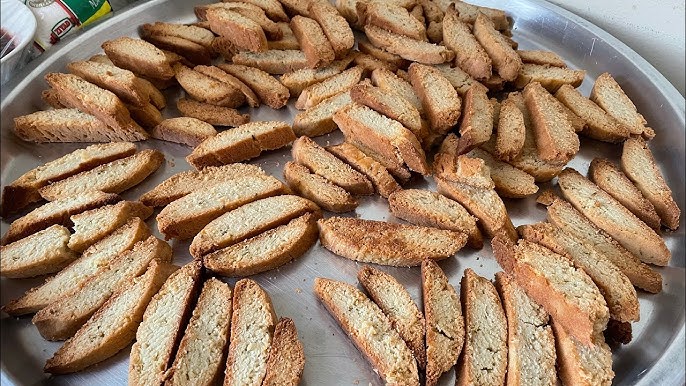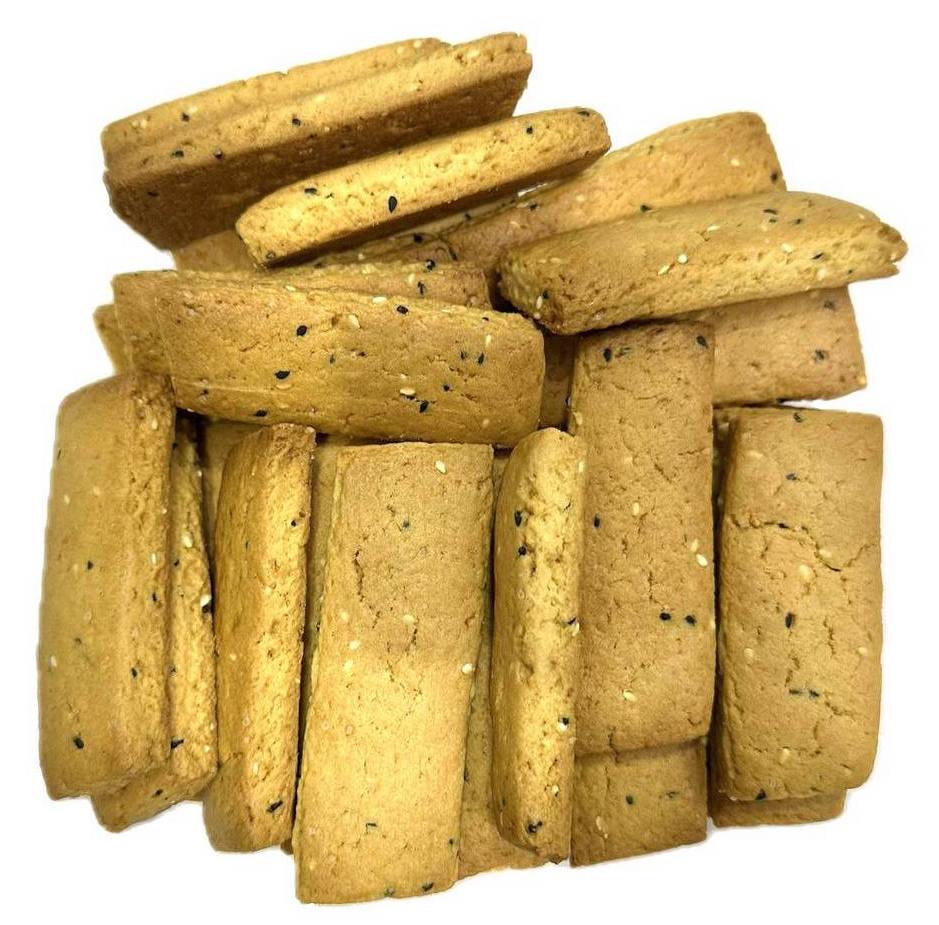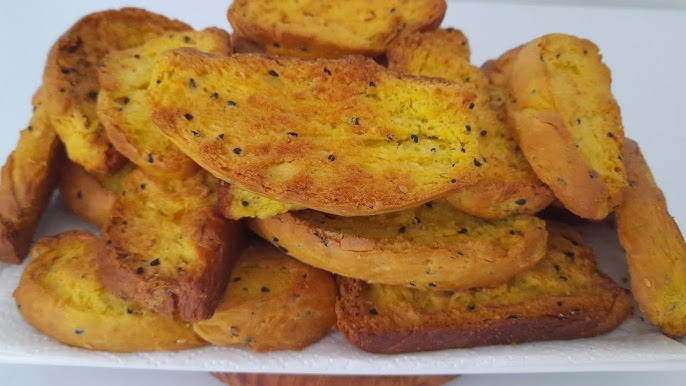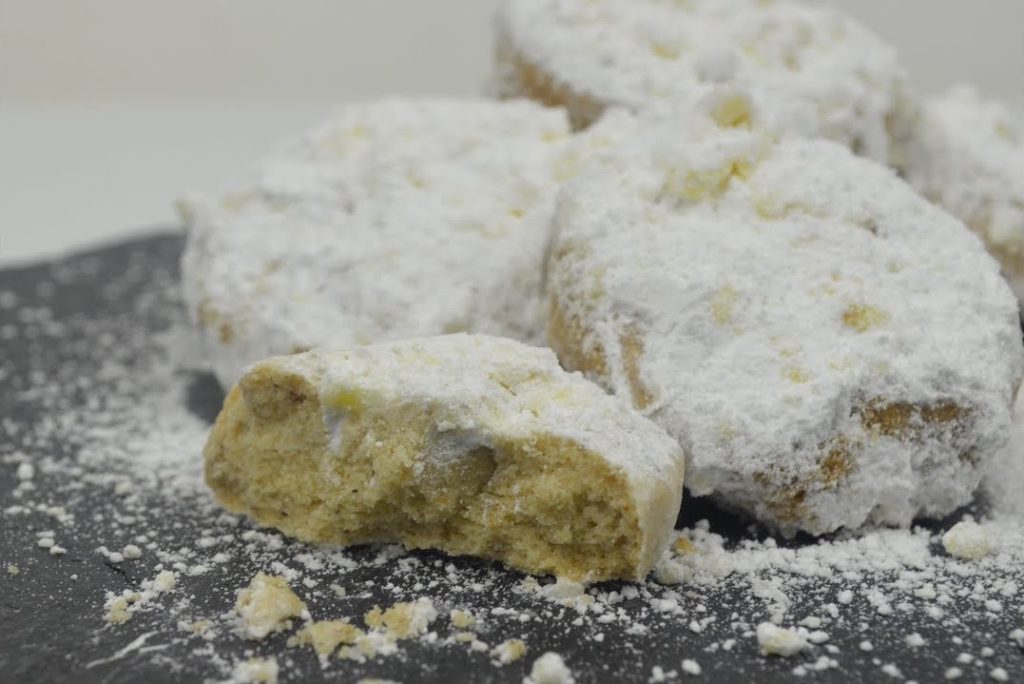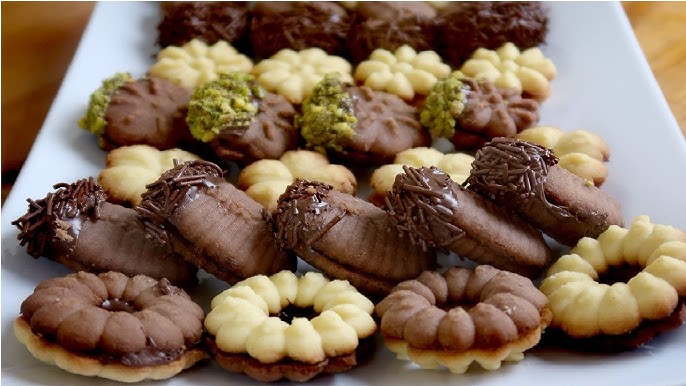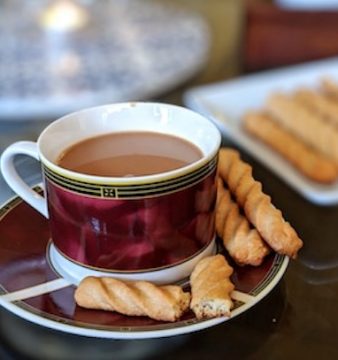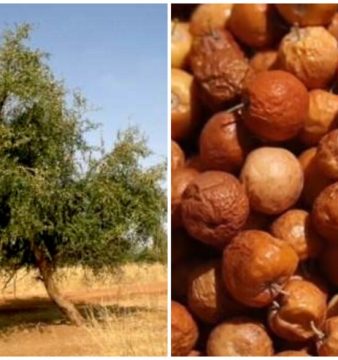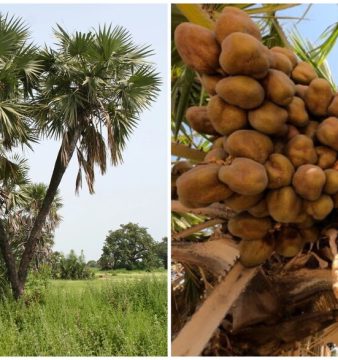The Sweet Taste of Eid: Homemade Sudanese Biscuits
There is a special magic in the aroma of freshly baked biscuits, filling the air in Sudanese homes on almost every happy occasion. The scent of sweet and spice in a warm kitchen fills one with a sense of comfort and anticipation for fresh biscuits with a cup of tea. The culture of homemade biscuits in Sudan is parallel to the timeless tradition of tea, and one is rarely enjoyed without the other.
The tradition of khabeez or Sudanese biscuits is one that spans generations. Like tea, coffee and other culinary practices, it dates back to British rule in the 19th century as well as the passing of trade routes through Sudan. Part of the tradition is the practice of making biscuits at home, which is more conventional than purchasing them from stores or other women.
Sudanese biscuits are far more than a delicious sweet treat. They also symbolise hospitality, community and the warm, inviting nature of Sudanese people. It is customary to offer them at joyous occasions like Eid, weddings, and even family gatherings, making them an important cultural and social pillar.
The baking process in itself is a traditional ritual of sorts. People would come together, customarily in their family homes, baking various types of biscuits, commonly in preparation for weddings or Eid holidays. The culture of baking biscuits is widely loved, and well known for its power of bringing people together, reflecting a sense of shared heritage and community. Family members, traditionally the women, would gather, mixing, kneading and baking, until warmth and sweetness filled their homes.
Sudanese biscuits come in various types, showcasing diversity in the simplest forms. Some of these are believed to be reserved for special occasions, while others can be made even for the smallest of family gatherings. While the baking process is centred around ghee, sugar, flour and spices as the basic ingredients, each type of biscuit still has its own unique texture and flavour.
Baskaweet makana, also known as baskaweet al shai or baskaweet al nashadir, is the most common type of homemade biscuits. It is common to find them stocked in many Sudanese households, as they are commonly served with tea for guests and family gatherings. These biscuits are made with nashader or baker’s ammonia as the key ingredient, and traditionally, a biscuit-making machine is used, hence the name baskaweet makana.
Another all-time favourite is baskaweet yansoon or anise biscuits, which are also typically enjoyed with tea. It is a form of dried cake infused with the rich taste of anise, which is known as yansoon in Arabic. The biscuits have a characteristic thickness and crunch that makes them perfect for dipping in a cup of hot milk tea, its sweet flavour complimenting the earthiness of the tea.
The third staple in homemade biscuits is minen, which is known for its crisp texture, buttery flavour and subtle hint of spices such as sesame seeds or black cumin powder. Unlike other types of Sudanese biscuits, minen is typically less sweet, and enjoyed with a cup of tea.
One of the most popular homemade treats is gargosh, which is deep fried bread. Known for its crispy nature and savoriness, gargosh is commonly enjoyed with tea in Sudan and other African and Arab countries. Although delicious on its own, it is sometimes garnished with honey or date syrup for sweetness.
During weddings, Eid holidays, and other festivities, it is traditional that the womenfolk of a household get together and bake different types of biscuits. In addition to the aforementioned staples, there are biscuits that are reserved only for momentous occasions. These include ka’ak, betefour (petit fours), and ghuraiba.
Found in various parts of the world, ka’ak is a soft, crumbly treat made with ghee or butter, sesame seeds, and spices such as cinnamon, cardamoms, vanilla and cloves, and covered in powdered sugar. Oftentimes, it can be made with a date filling, adding more texture and sweetness to its taste; or even nuts such as walnuts, giving it a little bit of savouriness. However, what makes Sudanese ka’ak different from others in the region, is that it is commonly toasted, in addition to the added spices. Betefour (petit fours) are bite-sized biscuits, decorated with colourful icing, sprinkles or jam. Also common in the region, ghuraiba is a round biscuit that resembles shortbread, with a subtle taste of cloves, which are also used to decorate the biscuits.
While the practice of baking biscuits remains a beloved one, purchasing ready-made biscuits has also become a common practice. In Sudan, it is common to find people, typically older women, selling biscuits out of their homes, facilitating the preservation of tradition for those who are not able to bake for their own occasions. With the ongoing war in Sudan, this culture has even expanded to Egypt and Gulf countries, where many Sudanese women engage in this venture as a means of livelihood.
The biscuit culture in Sudan extends beyond homemade biscuits and features Sudanese tea biscuit brands, such as Royal and Baraka biscuits, which are both renowned for their sweetness and soft texture. It is common to find packets of these biscuits in many households, as they are typically enjoyed with tea.
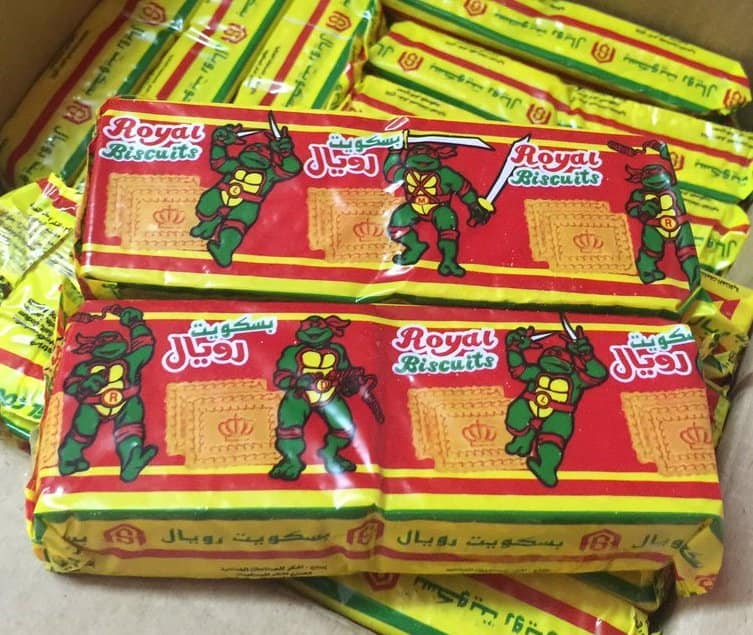
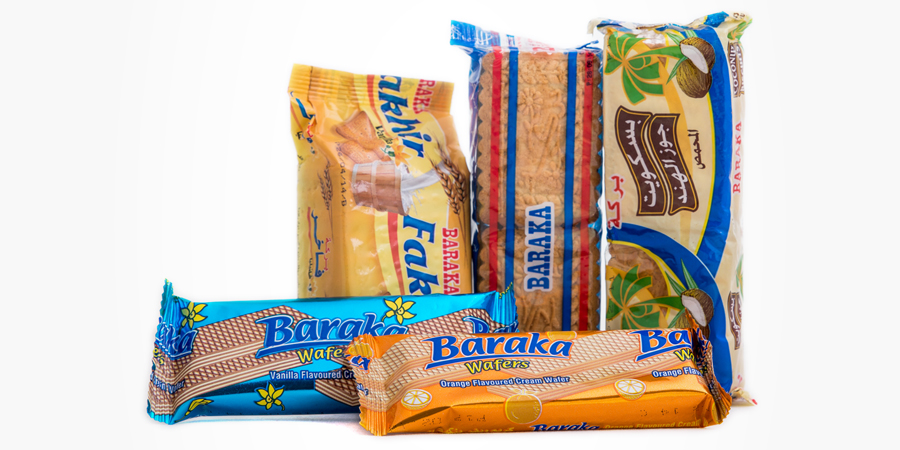
Attempts to modernise the culture of Sudanese biscuits have surfaced over the years, with people adding new flavours and decorative styles to beloved recipes. With the integration of contemporary methods and global influences to the baking techniques, it is important to preserve the Sudanese essence of these recipes, as they remain an important reflection of culinary heritage.
Sudan’s biscuit culture is a timeless thread, weaving generations together, and reflecting a sense of tradition, community, and shared joy among Sudanese people. It is a tradition that defies borders and continues to blossom within the Sudanese diasporas around the world from Egypt to the Middle East to Europe and the Americas. Every Sudanese biscuit is infused with tradition, and every family recipe, passed down through generations, stirs nostalgia and a sense of home.
Samar Bengawi is a medical student by day, and a literature and music enthusiast by night. She was born and raised in the UAE and is now based in Georgia. She is never without a cup of coffee in hand, and is always “on the go,” chasing after one hobby or another. Passion in Sudanese politics runs in her blood and she considers herself a patriot who hopes to leave a memorable mark in the world.

